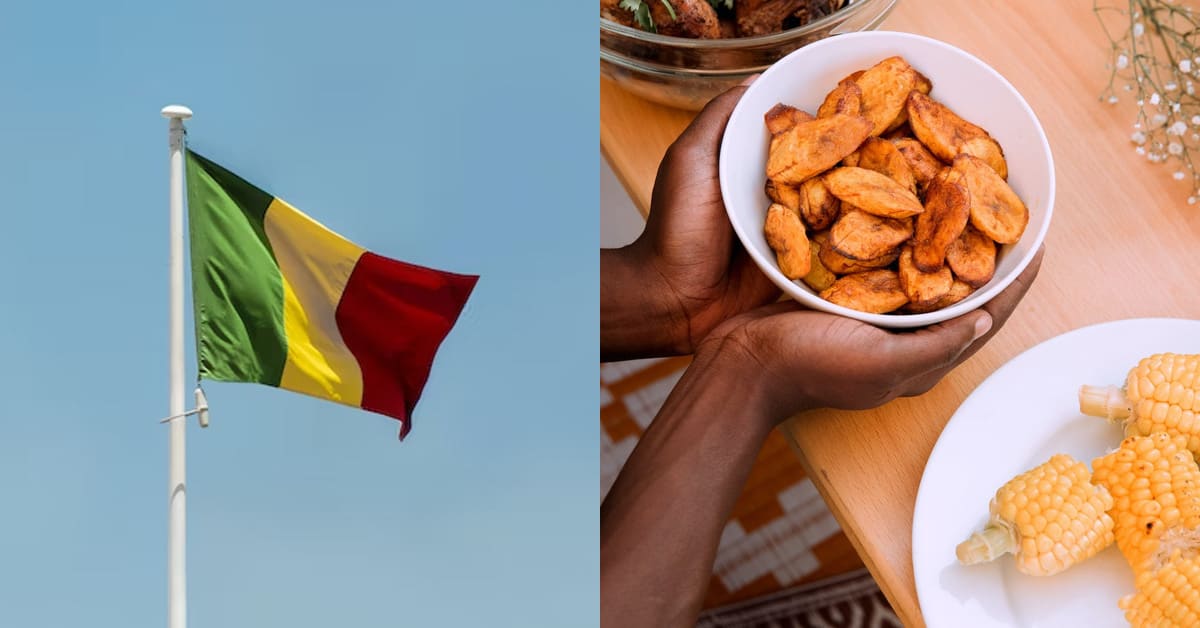Malian cuisine is a reflection of the country’s diverse cultural heritage and rich history. Located in West Africa, Mali is home to a variety of ethnic groups, each with their own unique culinary traditions.
The cuisine of Mali is characterized by the use of local ingredients such as millet, sorghum, rice, and vegetables, as well as spices and herbs that are native to the region. Malian food is known for its bold flavors, hearty stews, and grilled meats, and is often enjoyed with family and friends in communal settings.
Malian cuisine halal or not?
Is Malian food halal?
Most Malian food is halal, as the majority of the population is Muslim and follows halal dietary laws. However, it is always best to confirm with the restaurant or chef to ensure that the food is prepared according to halal standards.
What kind of food do Malian eat?
Malian cuisine is diverse and varies depending on the region. However, some common foods in Mali include:
- Rice: Rice is a staple food in Mali and is often served with a sauce or stew.
- Millet: Millet is another staple food in Mali and is used to make porridge, couscous, and bread.
- Meat: Beef, goat, and sheep are commonly eaten in Mali. Grilled or roasted meat is often served with rice or couscous.
- Fish: Fish is a popular food in Mali, especially in the riverine areas. It is often grilled or fried and served with rice or couscous.
- Vegetables: Vegetables such as okra, eggplant, and tomatoes are commonly used in Malian cuisine.
- Fruits: Mangoes, bananas, and oranges are popular fruits in Mali.
- Spices: Spices such as ginger, garlic, and chili peppers are commonly used in Malian cuisine to add flavor to dishes.
How can you tell if the food is halal in Mali?
In Mali, halal food is generally indicated by a halal certification label or symbol on the packaging or in the restaurant.
Additionally, many Muslims in Mali follow the Maliki school of Islamic jurisprudence, which allows for the consumption of certain non-halal foods under certain circumstances, such as when there is no other food available.
It is always best to ask the vendor or restaurant staff if the food is halal or not.
Is it hard to find halal food in Mali?
Mali is a predominantly Muslim country, and halal food is widely available. Most restaurants and food vendors in Mali serve halal food, and there are also specialized halal restaurants in major cities like Bamako.
However, in rural areas, it may be more challenging to find halal food options.
Is Malian food healthy?
Malian cuisine is generally considered healthy as it is based on fresh and natural ingredients such as grains, vegetables, fruits, and lean meats. Traditional Malian dishes are often low in fat and high in fiber, vitamins, and minerals.
However, some dishes may be high in salt and carbohydrates, so it is important to consume them in moderation. Additionally, the cooking methods used in Malian cuisine, such as grilling and steaming, are generally considered healthy.
What is Malian food similar to?
Malian food is similar to other West African cuisines, such as Senegalese, Ghanaian, and Nigerian cuisine. It often features stews, rice dishes, grilled meats, and vegetables, and incorporates a variety of spices and herbs.
Some popular Malian dishes include tiga diga na, a rice and vegetable dish, and maafe, a peanut stew with meat or fish.
Steps to find halal food in Mali
Here are some tips to find halal food in Mali:
- Research halal food options in Mali: Start by researching halal food options in Mali. You can use search engines, social media, or ask locals for recommendations.
- Check for halal certification: Once you have identified halal food options, check if they have halal certification. Halal certification ensures that the food is prepared according to Islamic dietary laws.
- Look for halal symbols: Look for halal symbols on food packaging or menus. These symbols indicate that the food is halal.
- Ask the restaurant staff: If you are unsure about the halal status of a particular food item, ask the restaurant staff. They should be able to provide you with information about the ingredients and preparation methods.
- Visit halal restaurants: Visit halal restaurants in Mali. These restaurants specialize in halal food and are likely to have a wider range of halal options.
- Avoid non-halal food: Avoid non-halal food items such as pork, alcohol, and meat from non-halal sources.
- Be cautious when eating out: When eating out, be cautious about cross-contamination. Make sure that the food is prepared separately from non-halal food items.
- Bring your own food: If you are unable to find halal food options, consider bringing your own food. This will ensure that you are able to eat halal food while in Mali.

